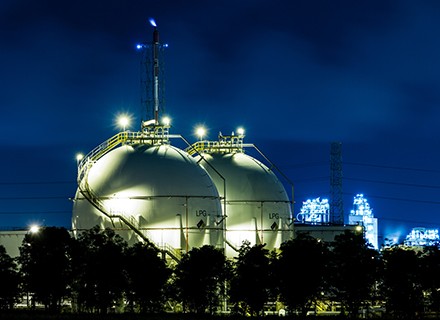Europe’s wholesale natural gas prices fell to their lowest level since Russia’s invasion of Ukraine, which had driven them to a record high last year.
Due to a mild winter, countries were able to use less gas from reserves that had been accumulated in preparation for a reduction in supply from Russia, which was Europe’s primary source prior to the war.
Dutch TTF gas surged to a record €345 (USD 368) per megawatt hour in March. In August it rose as high as €342. However, prices have been declining ever since reaching €73, a 50% decrease, which is the lowest cost since before the war on February 21.
Russian energy behemoth Gazprom reported a 55% decrease in gas exports to the European Union and Switzerland last year.
Europe used to be Gazprom’s primary export market, but sanctions enacted in response to Russia’s offensive in Ukraine in 2022 have significantly curtailed supplies.
Gas storage tanks were refilled by European countries, and campaigns were launched to encourage consumers to save on energy during the winter.
European storage levels are at 83%, which decreased the immediate need to purchase additional gas. In an effort to lessen its disproportionate reliance on Russian supplies, the European Union has frantically searched for new natural gas sources.
A mechanism to cap natural gas prices has also been agreed upon by European Union countries, although economists predict it will have a little overall impact on lowering costs for people and companies.
Experts have cautioned that a cold spell could cause gas prices to increase once more.
Vladimir Putin, the president of Russia, might also stir up further turmoil in the markets.
“He could send less gas, but he could also send more to certain destinations in the hope of dividing European countries,” said Thierry Bros, an energy market analyst who teaches at the Sciences Po school in Paris.
Europe will struggle to fill up stocks this summer if it does not receive 30 billion cubic meters of Russian gas, Thierry Bros said.
“Prices risk rising again,” he said.

